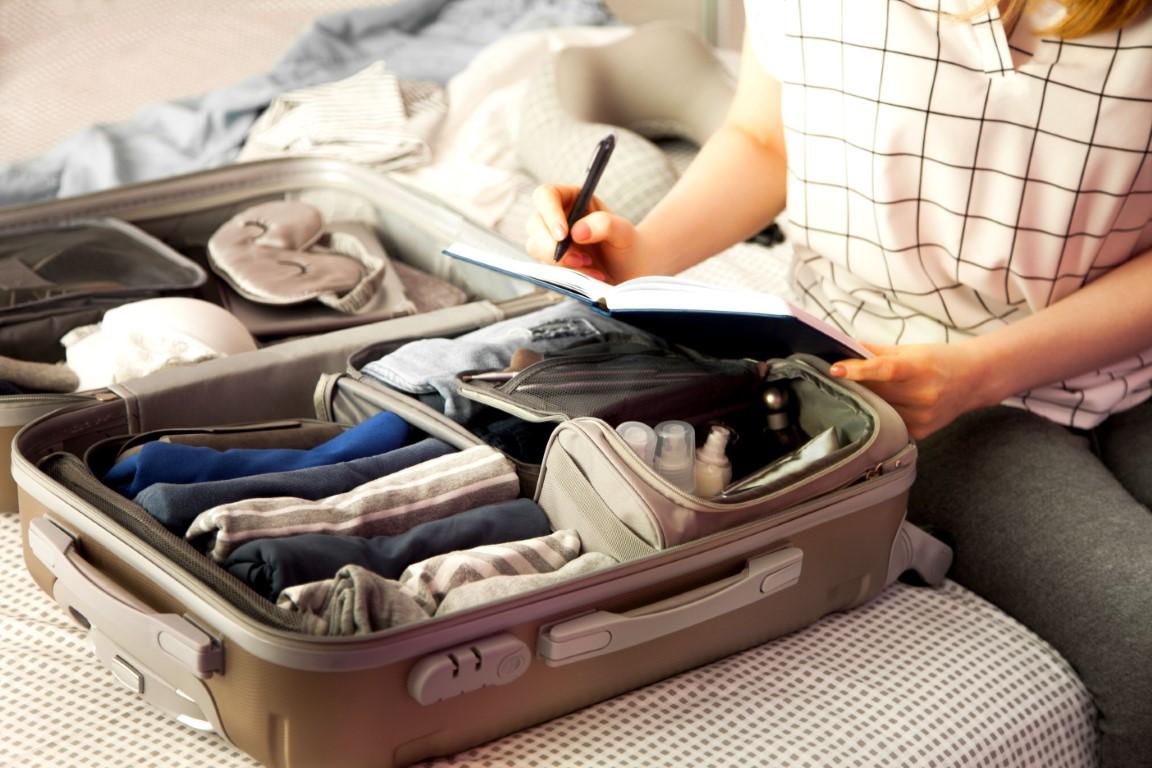Living in Dubai is becoming the latest craze for expats. More and more people are considering moving there in search of a change of scenery, sunshine, better salaries and comfortable living conditions.
But although the United Arab Emirates welcomes many expats, it is important to respect certain rules.
Proceedings to follow before living in Dubai
Which visa do I need to work in Dubai?
A visa and a work permit are compulsory for expats in Dubai.
The best solution is to find a job before leaving: in this case, the employer takes care of almost all the expenses and formalities necessary to obtain the work permit and the residence visa.
It is also possible to enter the country as a tourist and look for work in Dubai on the spot. A passport valid for six months from the date of arrival is enough: it gives you 30 days to find a job and regularize your situation with the help of your new employer.
Finally, now there is a visa available for those who want to enjoy their retirement in Dubai: valid for 5 years and renewable, although it is conditioned on economic resources.
Customs formalities to keep in mind when living in Dubai
In order to move to Dubai, it is essential to have specific documents translated and certified before departure:
- Diplomas
- Birth certificates
- Marriage certificates
- Etc.
It is also necessary to find out about the customs regulations in force, which are particularly strict in the United Arab Emirates, and also the list of prohibited products:
- Some newspapers or cultural products are subject to censorship
- Certain medicines containing prohibited substances cannot be imported
Finally, people with HIV, tuberculosis or hepatitis B cannot enter Dubai and unfortunately risk deportation if their situation is discovered.
Expat jobs in Dubai
To find a job, you just need to be fluent in English. The industries for expat jobs in Dubai that recruit the most are:
- IT and new technologies
- Health care
- Hospitality
- Luxury goods
- Tourism
Life is expensive in Dubai, and the legal working hours are 48 hours a week.
However, salaries are high and benefits generally granted to expats compensate for these inconveniences. The employment contract often covers part of the expenses, such as:
- Moving
- Airline tickets
- Housing
- Transportation
- Energy bills
- Telephone bills
- Children’s schooling
- Etc.
All these points must be negotiated when signing the job offer.
Expat in Dubai living costs
Living in Dubai with your children
If you want to move to Dubai with your family, it is important to anticipate the issue of schooling for your children.
Schools are expensive even for the youngest children, but part of this expat in Dubai living costs can be covered by the employer. Keep also in mind that waiting lists for international schools are sometimes long.
Accommodation while living in Dubai
Finding accommodation when moving to Dubai is not complicated: there are numerous quality offers, with comfortable facilities (gyms, swimming pools, etc.).
But beware! In Dubai, sharing a flat is forbidden and only married couples can live together, even in a hotel.
Transportation
Public transportation is quite limited in Dubai. Cabs and private cars are the main means of transportation.
An international permit allows you to drive throughout when living in Dubai, but to buy a car, you will have to exchange your home country permit for an Emirati one.
Healthcare system in Dubai
Excellence in health care… but high prices
It is mandatory to subscribe to an approved health insurance for expats in Dubai. However, it is often at least partially covered by the employer.
Health care facilities and assistance in Dubai are of excellent quality, but very expensive: a general consultation costs 95 euros. Health coverage choice must therefore be carefully considered in order to benefit from adequate care.
Which health insurance for expats in Dubai?
The health insurance taken out for expats in Dubai must cover at least:
- Routine health care
- Hospitalization
- Repatriation
It is possible to cover other guarantees such as civil liability by choosing a more complete plan.
It is recommended to purchase a coverage marketed by a company from your home country in order to benefit from a clearer management of the procedures and English-speaking assistance, but also to communicate more fluently with practitioners who speak your language.
Using an online comparison tool, you can easily check existing rates and coverages on the market to find the right solution for your situation.







